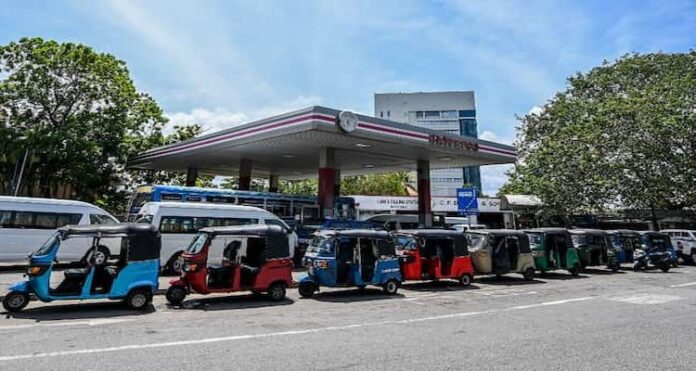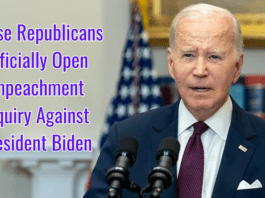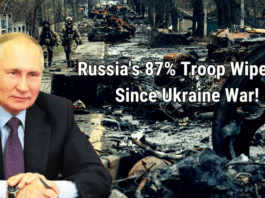Sri Lanka raised fuel prices on Sunday, causing additional hardship for ordinary people as US officials arrived for talks aimed at mitigating the island’s dire economic situation.
Ceylon Petroleum Corporation (CPC) announced a 15% increase in the price of diesel, which is widely used in public transportation, to 460 rupees ($1.27) per liter, while increasing the price of petrol by 22% to 550 rupees ($1.52). The announcement was made a day after Energy Minister Kanchana Wijesekera stated that new oil shipments would be delayed indefinitely.
According to Wijesekera, oil that was supposed to arrive last week did not arrive, and shipments scheduled to arrive next week will also not arrive due to “banking” issues.
Wijesekera expressed remorse to motorists and advised them not to wait in long lines outside gas stations. Many people have left their vehicles in lines, hoping to refuel when supplies are replenished.
According to official sources, the island’s residual fuel supply was adequate for about two days, but officials were saving it for essential services.
The US assesses the crisis
A delegation from the US Treasury and State Department arrived in Colombo for talks to “explore the most efficient strategies for the US to support Sri Lankans in need,” according to the US embassy.
“As Sri Lankans face some of the most severe economic challenges in their history,” US Ambassador Julie Chung said in a statement.
The ambassador said it had committed $158.75 million in new funding to assist Sri Lankans in the last two weeks.
The United Nations has already issued an urgent appeal for $47 million in order to feed the most vulnerable sections of the island’s 22 million people.
According to the UN, approximately 1.7 million residents require “life-saving assistance,” with four out of every five people lowering their food intake due to severe shortages and skyrocketing prices.
The government closed non-essential democratic institutions and schools for two weeks last week in order to reduce commuting because of the energy crisis.
Due to the fuel shortage, several medical centers reported a significant drop in medical staff attendance.
On Wednesday, Prime Minister Ranil Wickremesinghe warned legislature that more hardships were on the way.
“Our economy has completely collapsed,” Prime Minister Wickremesinghe said. “We are now facing a far more serious situation than mere fuel, gas, electricity, and food shortages.”
In April, the government declared default on its $51 billion foreign debt and is negotiating a possible bailout with the International Monetary Fund.







